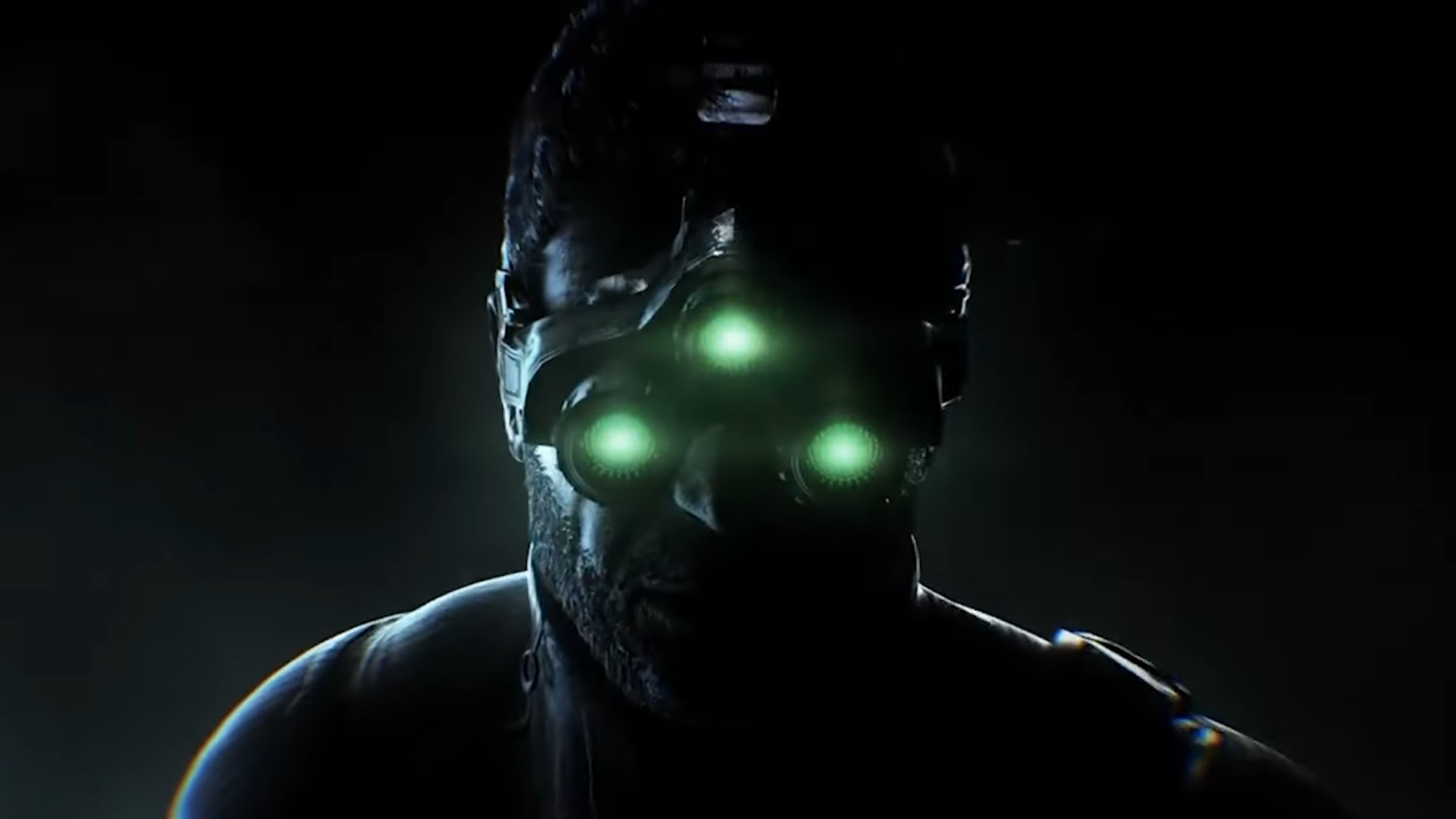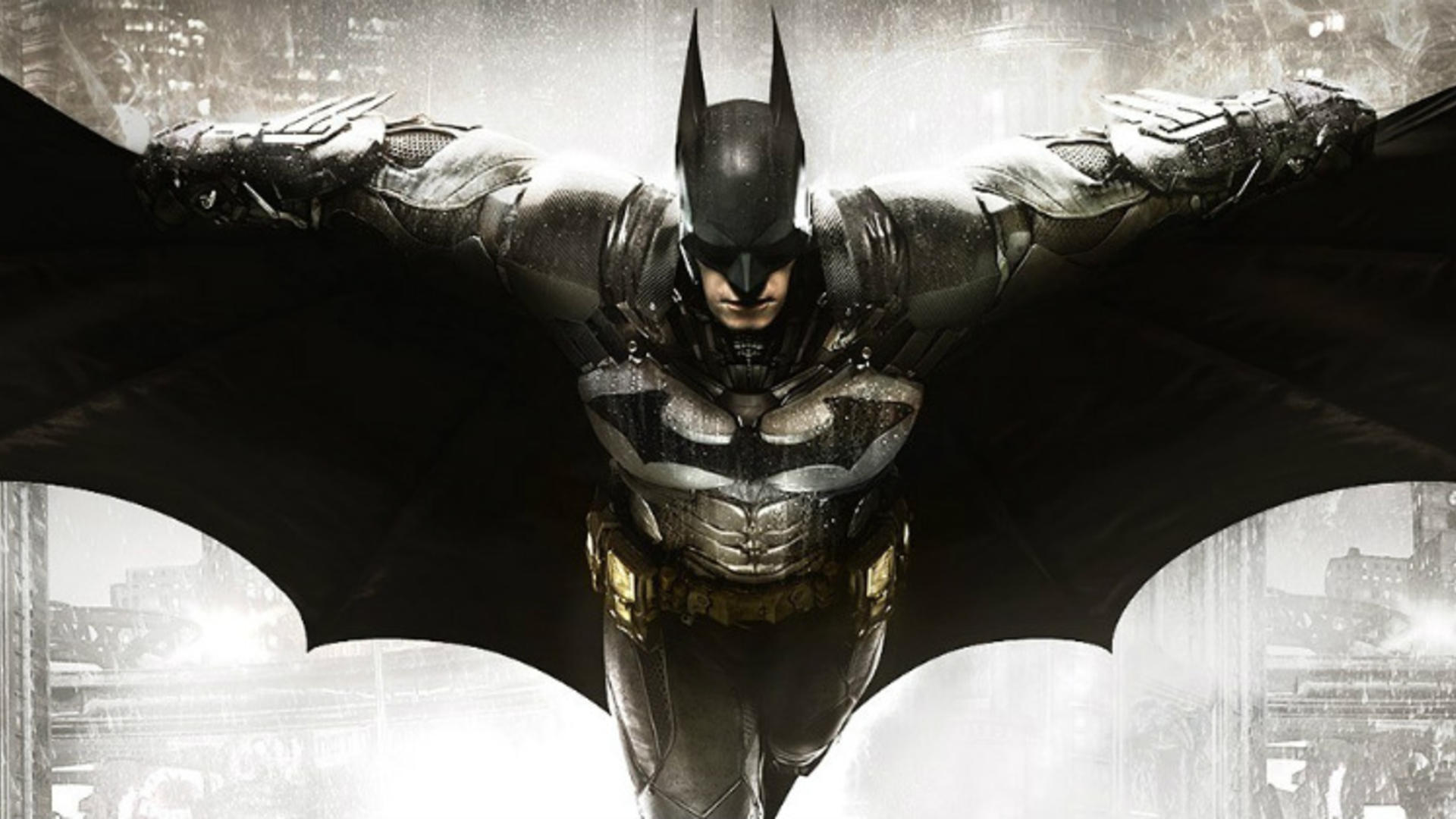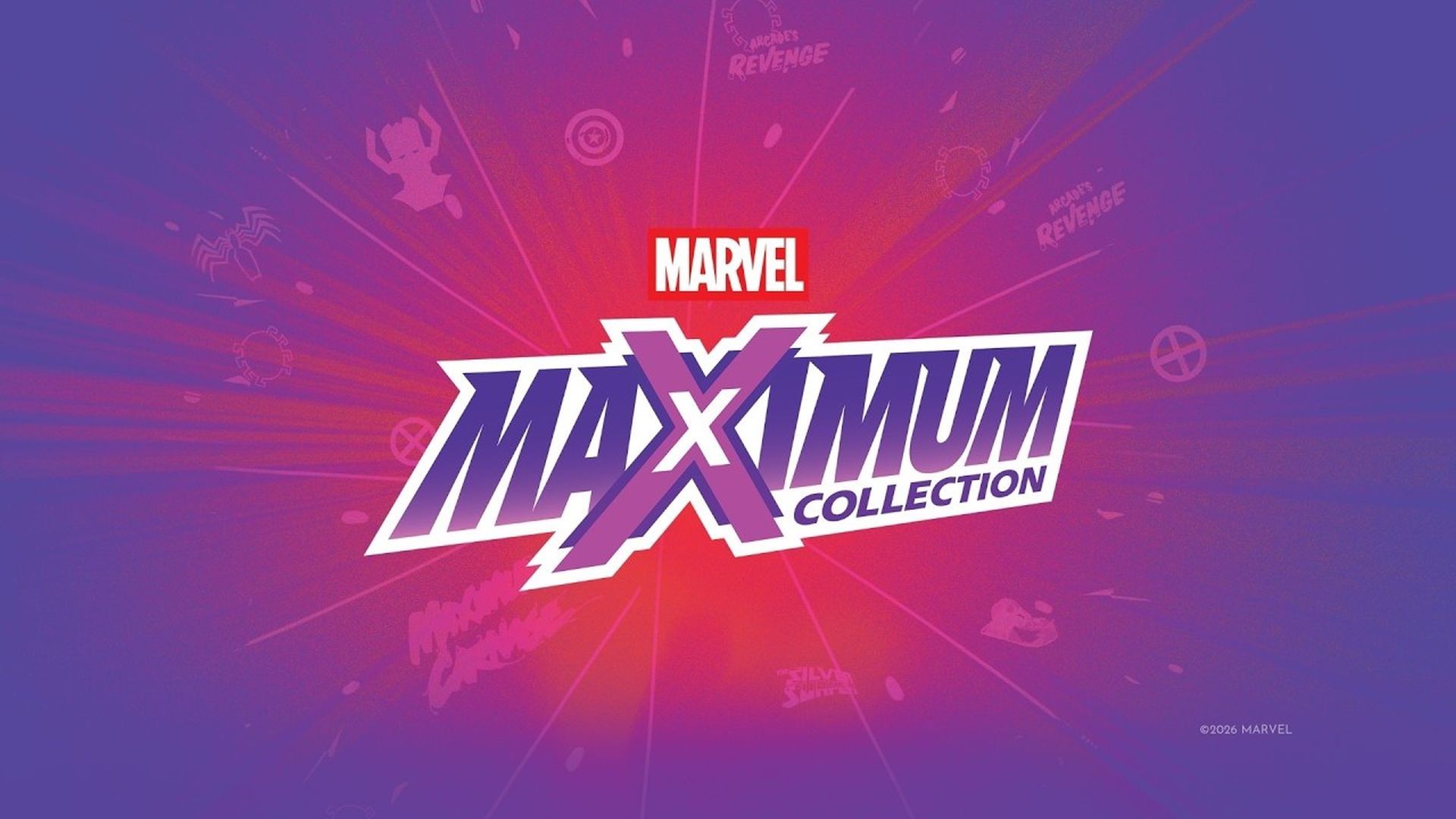Ubisoft abandoned a new Splinter Cell in 2017 to pursue the service-based model that would eventually shape xDefiant.
More stories in the category News
- Warner Bros. anticipates the return of its major franchises between 2027 and 2028
- Enjoy this strategy game for free on Xbox Series for a limited time
- Marvel Maximum Collection: retro glory for comic book lovers
| Don't miss anything and follow us on Google News! |
The internal story behind one of the most desired projects by Ubisoft fans is back in the spotlight. According to an investigation by Bloomberg, the French company went on to launch a new Splinter Cell around 2017, with a team working on the return of the saga. The project was advancing with the goal of recovering the classic essence that had been absent for years, but it soon clashed with a change of direction within Ubisoft itself.
Former developer Andy Herman, who was part of the team during those months, explains that the company began to pressure all its projects to adapt to a “live service” approach, just when the service model became a strategic priority. That line of work ended up transforming the project completely, which went through several prototypes and revisions before leaving behind any resemblance to Splinter Cell.
The new Splinter Cell ended up becoming xDefiant
As internal pressure to create a title capable of generating continuous revenue increased, Ubisoft would have stopped seeing the return of Sam Fisher as a priority bet. The team tried to fit that new direction with ideas more oriented towards a long-term product, but the proposals did not convince the company.
Finally, the project evolved to take on a completely different form. According to Bloomberg’s information, that development in transformation would eventually derive into xDefiant, the competitive shooter that was launched years later and ended up closing just a year later.
Herman remembers that stage as a contrast between the initial illusion and the final direction of the project. What began as the opportunity to bring back one of Ubisoft’s most beloved sagas ended up being another example of how commercial priorities can completely divert the course of a game.
An unexpected closure for a story that hints at how complicated the last decade has been for this type of production within Ubisoft. We’ll see if the Splinter Cell saga gets another real chance in the future.






